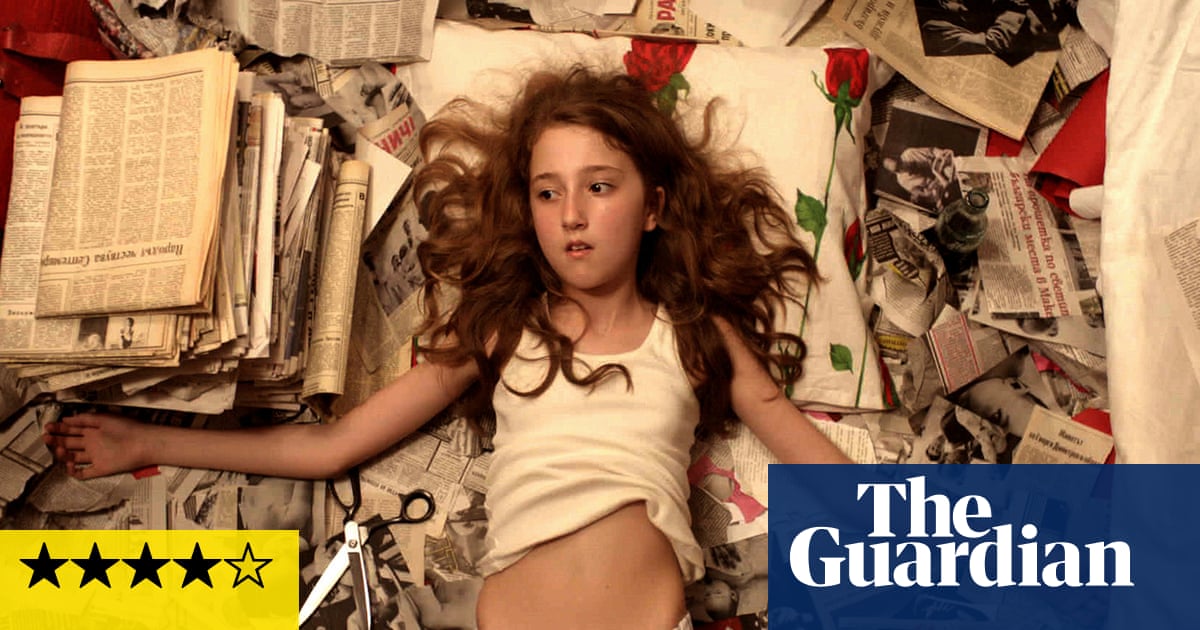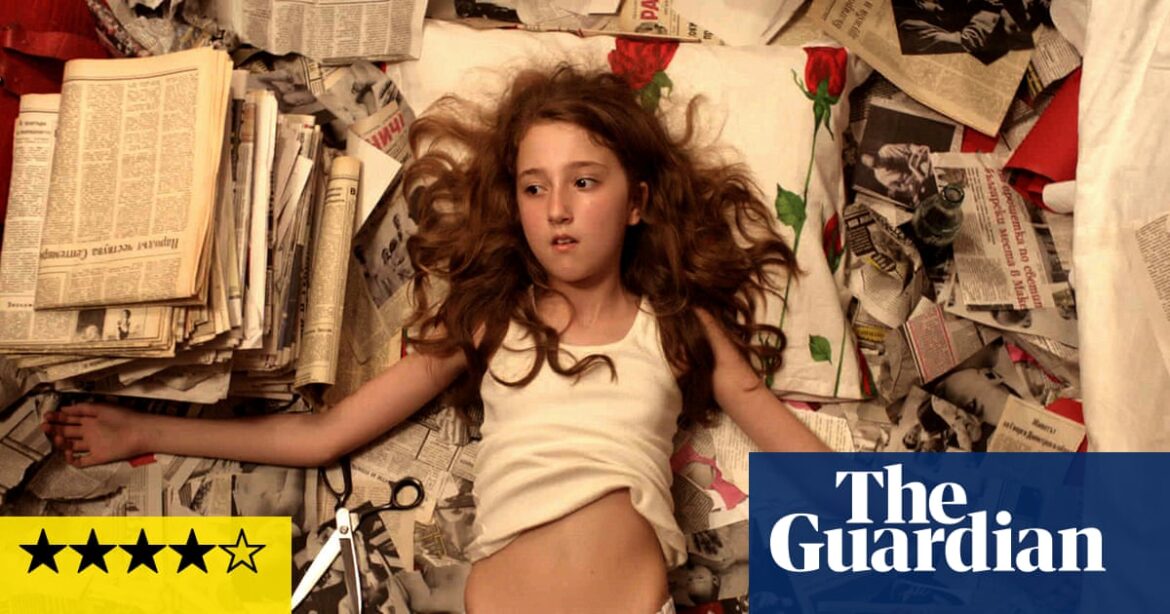
Maya Vitkova’s eloquent, ambitious, emotionally committed drama Viktoria premiered at Sundance 10 years ago and more than deserves its UK streaming release now. This excellent film would be a striking accomplishment from anyone – and this was actually Vitkova’s debut. It feels fierce and urgent: tremendously designed, acted and shot. Viktoria is an intergenerational women’s story from Bulgaria both before and after the 1989 revolutions, a film that maybe in its absurdism, scepticism and slow-burn passion shows the influences of Romanian director Radu Jude, with whom Vitkova worked on short films. On TV, Vitkova produced an episode of Michael Palin’s BBC TV New Europe travel series, heading across the Balkans; Viktoria, interestingly, has an image of someone walking across the snow, only to be flicked over by a giant hand from the sky.
During the 1970s in Sofia, Bulgaria, a young woman named Boryana (played by Irmena Chichikova) is planning to leave the oppressive Eastern Bloc with her husband, doctor Ivan (Dimo Dimov). She dreams of a life in the US and owns a cigarette lighter shaped like the Statue of Liberty. Her mother Dima (Mariana Krumova), a staunch communist, strongly disagrees with Boryana’s disloyal beliefs and believes in submission to the male-dominated party. When Boryana becomes pregnant, she is filled with horror and does everything in her power to end the pregnancy, showing her lack of maternal instincts. The film’s recurring symbol of frustration and discontent is milk, along with the desired but unattainable miscarriage.
But her infant daughter, Viktoria, is born on Bulgarian Victory Day, September 9th, with no visible umbilical cord or belly button. The authorities view her as a symbol of the country’s youthful boldness and perpetual state of change, free from the ties of old loyalties. As a result, Viktoria and her family are granted special privileges but are constantly monitored by the government, making it impossible for Boryana to plan a discreet escape. Viktoria grows up as a spoiled 10-year-old (portrayed by Daria Vitkova), attending a special school where she inspects the belly buttons of her classmates and has a direct line to her adoring godfather, the prime minister. Meanwhile, Boryana remains resentful and withdrawn, only cracking a smile once in the movie when she believes she may finally be able to escape.
After the Berlin Wall collapses, the three generations of women – grandmother, mother, and daughter – are left without the stability and security they once had. The bond that connected them to their familiar emotions is now gone. Dima is thrown into a state of shock, mirroring her daughter’s silent resentment. Boryana is uncertain how to navigate the newfound freedom in their home, having always believed it only existed abroad. As Viktoria grows into a teenager (played by Kalina Vitkova), her entitled attitude dissipates but she matures through a closer bond with her grandmother.
The strength of Viktoria lies in the tragedy of a life that was not fully lived, passions that were not pursued, and potential that was left unfulfilled. For Boryana and her peers, the downfall of communism in 1989 was a significant but confusing event; they were neither old enough (like Dima) to have experienced the security of the old system, nor young enough (like Viktoria) to fully embrace the new freedoms. The film portrays a sense of aimlessness and disappointment after the collapse of the Soviet Union. Despite the horrors of postwar communism, it was a time filled with purpose and meaning. Now, that era is gone, and they are left with a feeling of emptiness, much like Viktoria’s stomach without a belly button. There is a sense of loss, but also the potential for reinvention and starting anew with a clean slate in history.
-
Viktoria will be available on Klassiki starting from February 15th.
Source: theguardian.com



